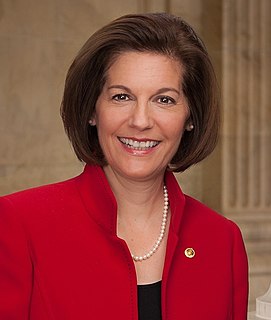A Quote by Brian Deese
The Clean Power Plan sets the first-ever national carbon pollution standards for the power sector, the single-biggest source of carbon emissions in the United States.
Related Quotes
The Environmental Protection Agency's first-ever limits on carbon pollution from power plants will create clean- energy jobs, improve public health, bring greater reliability to our electric power grid, bolster our national security, demonstrate the United States' resolve to combat climate change and maybe even reduce our utility bills.
A lot of lies and misinformation has been put about by eco nuts on the back of a report by an idiot economist [Sir Nicholas Stern]. Environmental head bangers are talking nonsense when they claim that aviation is the fastest-growing source of carbon emissions. Coal-fired and oil-fired power stations are the biggest contributor of carbon but I have yet to hear any fearless eco warriors advocating nuclear power as they drive around in their SUVs to their next protest meeting.
Today, about 40 percent of America's carbon pollution comes from our power plants. There are no federal limits to the amount those plants can pump into the air. None. We limit the amount of toxic chemicals like mercury, and sulfur, and arsenic in our air and water, but power plants can dump as much carbon pollution into our atmosphere as they want. It's not smart, it's not right, it's not safe, and I determined it needs to stop.































